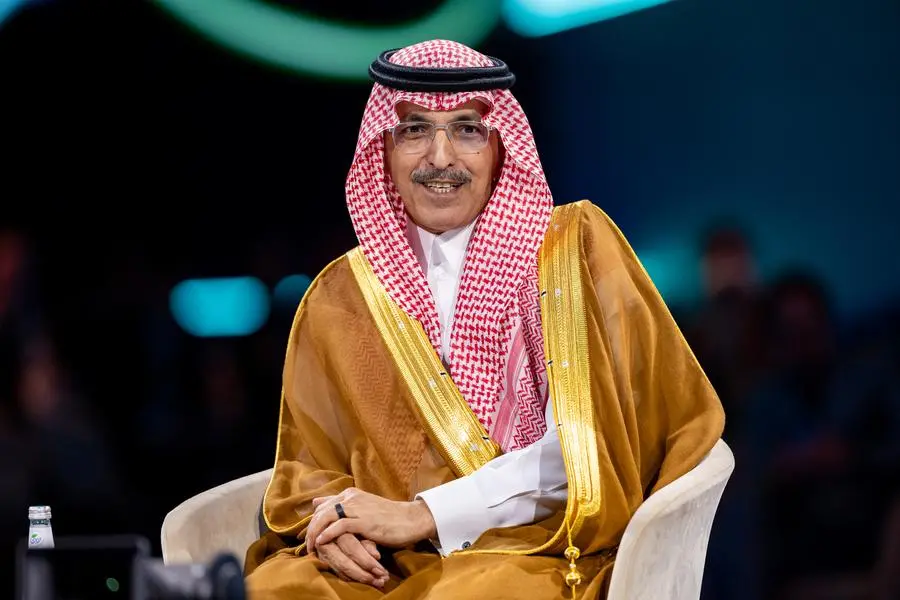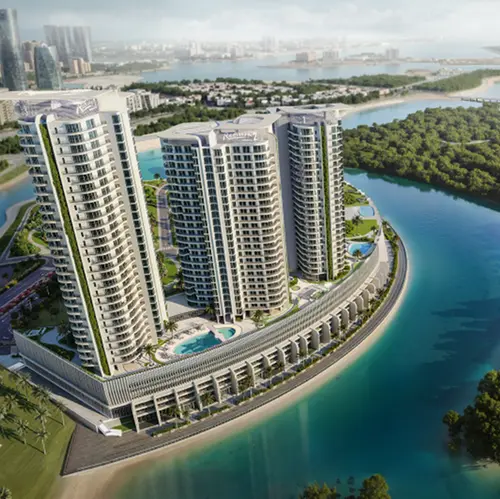PHOTO
Saudi Arabia’s push towards diversifying its economy has seen its non-oil revenues account for 52% of the country’s GDP, according to the country’s Minister of Finance.
Speaking at the Future Investment Initiative summit in Riyadh, Mohammed Al-Jadaan said that growing challenges, including regional conflicts, have propelled the kingdom to “recalibrate plans” to sustain growth.
“Eighty-seven percent of our targets have been achieved or are on track. Bringing 13% on track and reprioritising them is now key. There are lot of opportunities, but a lot of challenges as well that we are not shying away from, especially in relation to human resources and the ability to execute,” Al-Jadaan said. “We must bring up execution capacity without overheating the economy. We want to make sure we don’t have too much leakage from the economy, especially from our spend by importing, rather than manufacturing in country.”
Al-Jadaan also addressed challenges such as rising geopolitical tensions in the region, admitting that “fragmentation” was getting more serious, “therefore, we are very secularised in our planning.”
The Saudi minister’s comments come months after he told journalists in April that “shocks”, including the Israel-Gaza conflict, had prompted officials to push the timeframe for some of the giga projects under construction as part of the kingdom’s Vision 2030 agenda, while others would be accelerated.
At FII, Al-Jadaan said Saudi was already on target to hit several of its 2030 goals years early, including reducing unemployment levels to 7% and increasing women’s participation in the workforce to 35%.
“The Saudi economy today remains dependent on government and public finance, and we want to maintain this strength and fiscal discipline. We also need to mobilise private money to ensure that we aren’t alone in this progress,” he said.
Saudi’s open-door policy has also seen a steady flow of capital with FDI inflows amounted to about $26 billion last year.
“I think people are investing here, despite growing tensions in the region, because Saudi plays a role as an anchor of stability. Investors want that level stability and to be part of a national transformation,” he said.
(Writing by Bindu Rai, editing by Seban Scaria)




















